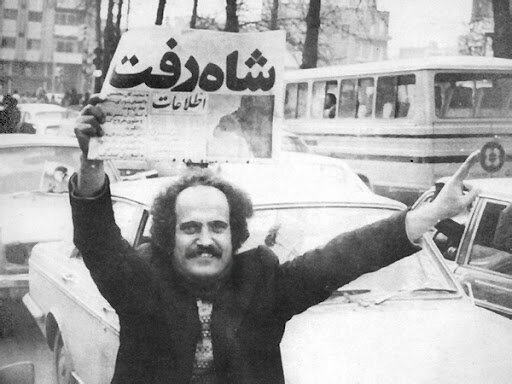
During the last few weeks of the year, trading volume on Wall Street is typically light as investors celebrate the holidays and take vacations. The common Santa Claus rally didn't materialize in December 2024, though, and the market experienced some strong selling. However, Warren Buffett and his team of investors at Berkshire Hathaway clearly had their fingers on the pulse of Wall Street after what was a fairly quiet year for the giant conglomerate on the buying front.
In the last few weeks, Buffett and his team piled into a classic internet stock that is up by more than 3,000% since its initial public offering in 1998. Sticking to fundamentals In a market where everyone seems to be buying artificial intelligence (AI) stocks that are trading at high multiples, Buffett and Berkshire have remained disciplined, sticking to their classic playbook of avoiding the froth and looking for value in beaten-down names or buying wonderful companies trading at fair prices. They didn't buy many stocks, repurchased fewer shares of Berkshire Hathaway than usual, and built up a hoard of more than $300 billion of cash, indicating they view the market as overvalued.

Still, Berkshire eked out a last-minute victory over the S&P 500 , posting slightly better gains than the benchmark index for the year. Berkshire also started making moves at the end of the year while the market was sliding. On numerous occasions during the final two weeks of the year, Berkshire increased its stake in one of its existing positions -- internet domain giant Verisign ( VRSN 0.
25% ) . According to Securities and Exchange Commission (SEC) filings, between Dec. 17 and Dec.
30, Berkshire purchased more than 454,000 shares of Verisign at an average price of $198.88 for a total purchase of over $90 million. Berkshire Hathaway now holds a 13.
8% stake in the company. However, that $2.7 billion position accounts for less than 1% of Berkshire's roughly $300 billion equities portfolio.
Verisign went public at the start of 1998 and its stock is up roughly 3,150% since. Yet the company still seems to be flying under the radar on Wall Street, as only two analysts cover it. Verisign has played a key role in the origins and development of the internet, providing domain name registration services for dot-com and dot-net domains, among others.
The company also operates two of the major 13 global root zone servers, which are key in routing users to web addresses when they enter them in a browser. At first glance, Verisign has a lot of the attributes that Buffett likes in a stock. It provides key maintenance and operational functions that power the internet.
It's the largest domain operator in the world, managing close to 170 million dot-com and dot-net domains, which gives it a tangible competitive moat. Verisign is also the only domain operator to manage two of the main global root zone servers, providing another key advantage. Its profit margin of more than 55% in the last year suggests strong pricing power as well.
Why Buffett is buying now Verisign's stock only rose about 3% in 2024, far underperforming the broader market. One area of concern is that the number of active and registered domain names has been shrinking, and was down by about 2.5% year over year in the third quarter.
The domain renewal rate has also been a bit lower than usual in recent quarters. This all raises questions about the growth potential of Verisign's market. Earlier this year, there were concerns about whether the National Telecommunications and Information Administration would renew the contract that enables Verisign to run the dot-com registry.
That contract was renewed, but some lawmakers are still questioning the company's pricing tactics. However, President-elect Donald Trump's administration is unlikely to push as strict of an anti-monopoly agenda as President Joe Biden's administration. With regulatory concerns receding as a risk, and with Verisign both underperforming the market and trading well below its longer average price-to-earnings ratio, Buffett and his team took action.
.















